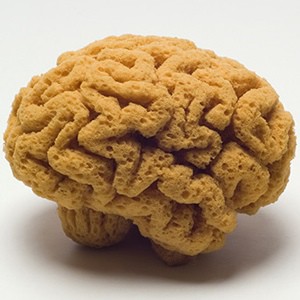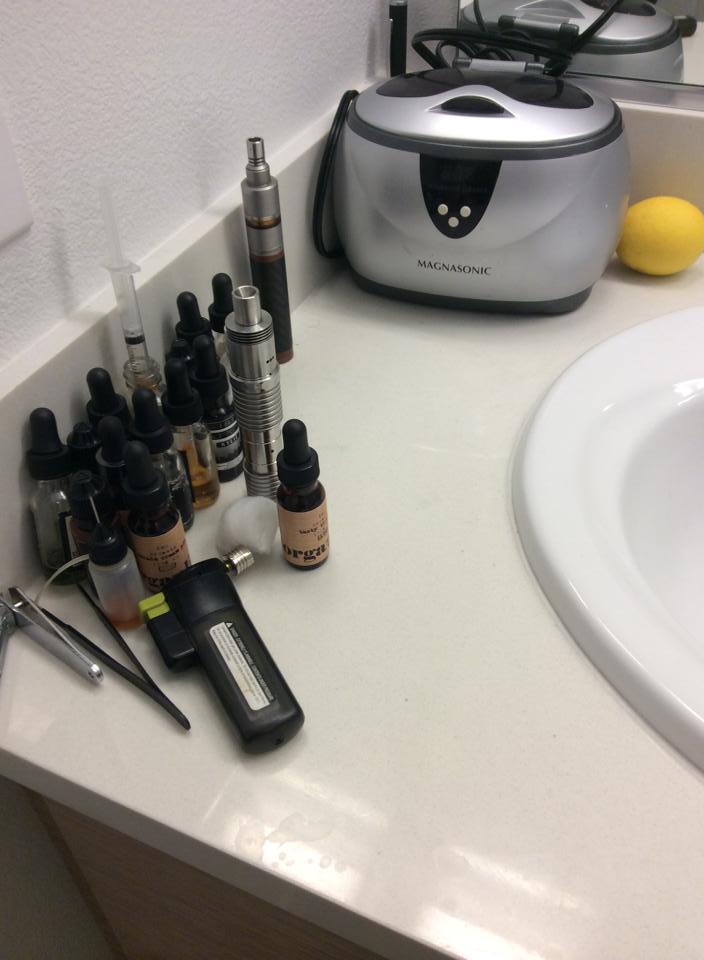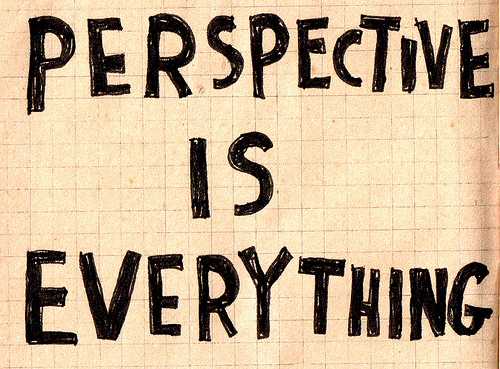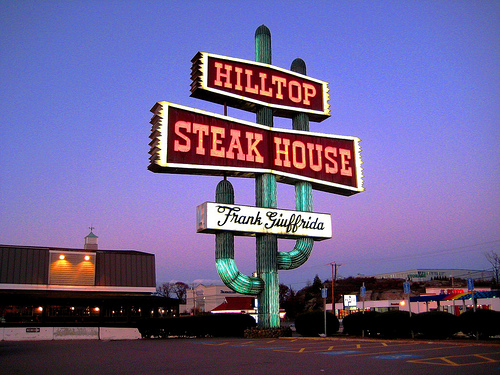I came across an interesting article on the AG News site listing 10 traits of someone who uses mental illness to get attention. A couple years ago it would have offended the hell out of me. But knowing myself as I do today, I see a lot of truth in there.
Mood music:
https://youtu.be/WEus6w9UlG0
People with big egos often think of themselves as supremely awesome and interesting, even when they’re not. As I’ve said before, we OCD cases have big egos. Of all the mental disorders out there, it’s probably the one that is most connected to attention seeking. (See “The Ego OCD Built.”)
As part of my recovery — and my larger faith journey — I’ve had to deal with this issue head on. It’s the most unsettling of truths: my mental disorder comes with a hole in the soul. Like anyone with this problem, I’ve tried to fill the hole over the years with addictive behavior.
In recent years, social media has become as addictive as coke and heroin. It’s so easy for people to spout off and get attention on Facebook and Twitter that once they get the ball rolling, it’s hard to stop. I’m as guilty of this as anyone.
By 2011, a lot of my writing was to get attention. Two years earlier everyone told me how brave I was for being so open about my mental illness, and that was as satisfying as any fix. I had to keep it going. People occasionally called me on it, but just as many people kept giving me the validation I wanted.
I started to realize that this wasn’t necessarily healthy. I started writing posts that explored whether or not I was a narcissist, and I had to admit there was definitely some of that in play.
Was I faking mental illness? Absolutely not. Was I using it as a crutch and tool of validation? To an extent, yes.
Fast-forward to 2016. I don’t write nearly as many posts here as I used to. Some of that is because I don’t have as much to say as I used to. Some of it is because my work-related writing responsibilities have grown. And some of it has been a deliberate effort to pull back and not be such a social media hog.
That last point is part of a larger realization: that while it’s healthy to talk about my mental illness, especially when it comes to sharing the coping tools that have helped me, it’s only part of who I am.
I don’t want to let my mental challenges define me. I don’t want to be the guy who uses them as an excuse when I screw up or fall short of a goal.
I’m glad more people are opening up about their own mental illness. When done right, it can inspire others to deal with their own issues.
But if you find yourself getting bummed out because people aren’t lining up to tell you how awesome you are, it may be a sign that you’re doing it wrong.











